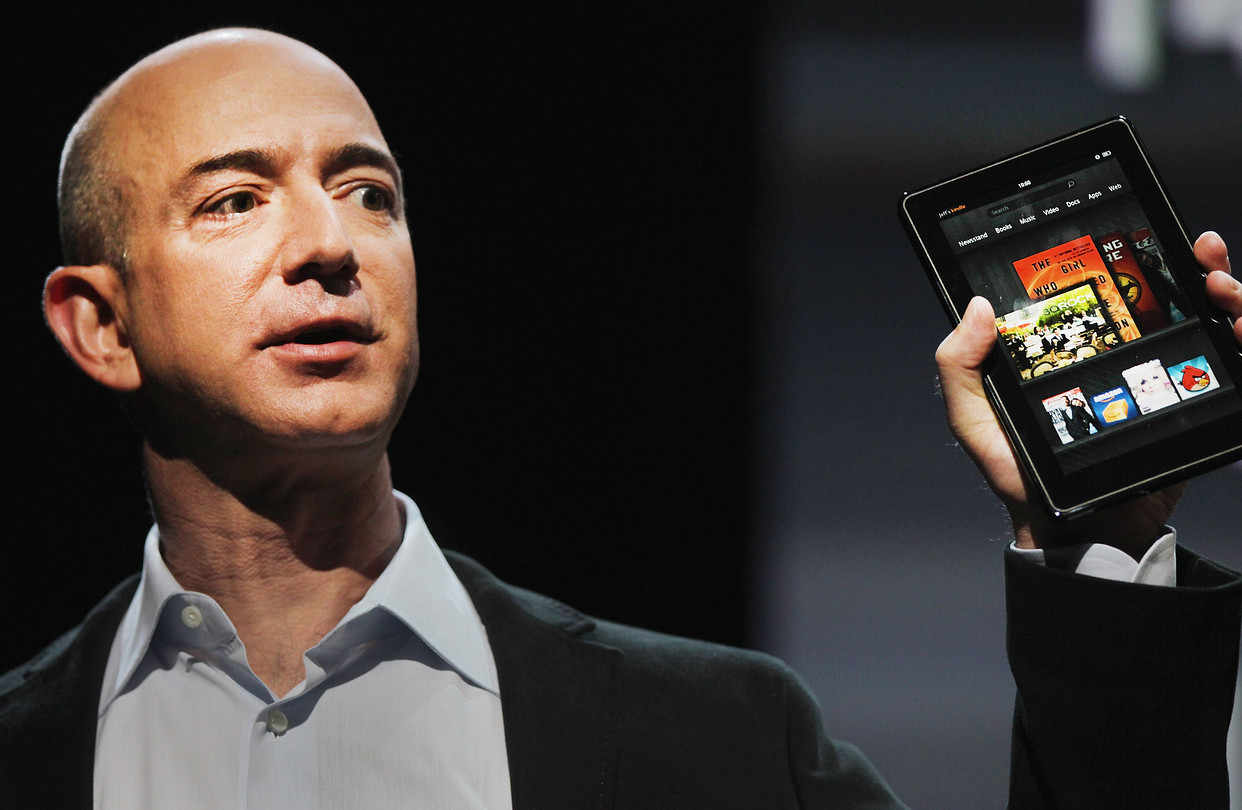Are the markets wrong about CEO pay and the recovery?
CEO pay has risen by 937% since 1978 in the US, compared to a rise of just 10.2% for the average American worker, according to a centre-left American think tank. That feels like markets must be wrong, but as Scott Sumner points out, when market decisions and our intuitions clash, we're often the ones at fault:
CEO pay has been controversial for two reasons. It has risen very rapidly in recent years, and it often seems unlinked to performance. But pay is very closely linked to expected performance, which matters when contracts are signed. A few months ago Steve Ballmer resigned as CEO of Microsoft and the stock rose by billions of dollars. More recently, Larry Ellison (sort of) stepped aside from Oracle, and the stock plunged by billions of dollars. This shows that CEOs have a huge impact of stock valuations. Whether the market is rational in believing that is a trickier question, but it's the job of corporate boards to put people in place that will maximize shareholder value. That means they need to at least try to get the very best, even if it costs a lot of money in terms of higher salary. If they aren't paying obscene salaries then the board of directors isn't doing its job.Back in the 1960s, corporate decisions were much easier. You allocated capital to new auto factories, steel mills, appliance makers, and churned out product for which you knew consumers were waiting. Even IBM was fairly predictable for a time. In contrast, a modern CEO at a high tech firm might find the company quickly destroyed by new technology if he doesn't keep on his or her toes. Think how much Sony would have benefited in the past 10 years if it had had the Samsung management team. Perhaps an extra $100 billion in shareholder wealth? And that's also why the finance sector is so much more important today, decisions over where to allocate capital are both more difficult and much more important.
In other words, CEO pay may have risen a lot because CEOs matter a lot more, relative to the average worker, than they did in 1978. You could just deny this, because nobody is 'worth more' than others, and so on, but that's an emotionally biased response. In terms of cold, hard cash, people are worth different amounts.
The market's valuation of CEOs might turn out to be wrong, of course – markets misjudged the future returns of a lot of assets in the run-up to 2008, but then, so did virtually everyone else. The question is what, in a world where anyone can be wrong, we can look to as the least-bad way of collecting and judging existent information.
Pundits on Twitter and in the media can make a living by being wrong. Look at, say, the Guardian's editorial writers or, if you tend to agree with them, the Telegraph's. Or look at any think tank – except us, of course. Or financial advisors. Pundits don't really suffer if they add 'noise' (a nice word for bullshit) to the sum of information that's out there, so it's hard to know if the pundit you're listening to is telling you what you want to hear, or what's actually true.
Markets – the people who make financial decisions that are aggregated in stock exchanges and the like – do. If you have a 'false belief' as a trader or business owner, you'll lose money; if you have enough false beliefs, you'll go bankrupt. And markets are utterly brutal in bankrupting people with false beliefs. We might have a good reason to ignore markets if we know something that they don't, but if that's the case, we should be making money from that private knowledge. Doing so will add that knowledge to the sum total of the market's knowledge.
This is why I'm an optimist. Lots of my friends and people I agree with on nine out of ten issues think that the markets are wrong and that some economic catastrophe is coming. If they're right, markets are wrong and they should be in line to make a lot of money (he said sarcastically).
So how can I judge? I look at who has more to lose, and who has a better track record. Through that lens, markets come out top – and my doomsaying friends sound just as biased as their opponents who just can't imagine why a CEO would be worth paying a lot.

